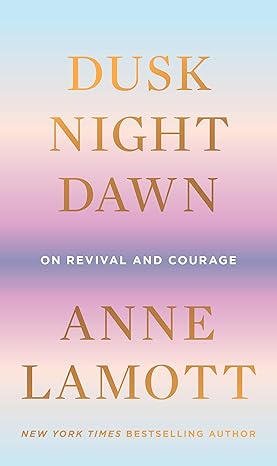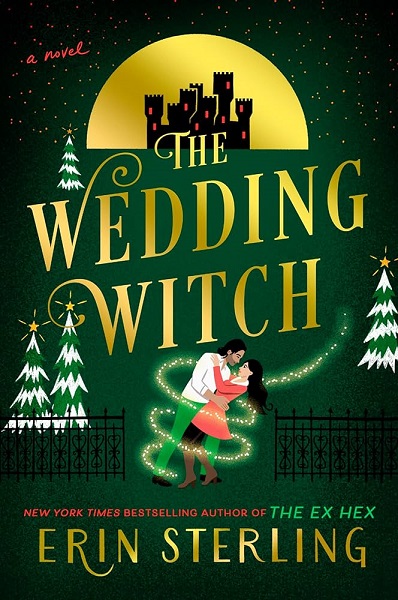The big story this week was that the Department of Justice brought suit against Apple and five of the Big Six publishing companies for allegedly colluding to fix prices on e-books. Three of the Big Six publishers have already reached a settlement agreement with the DOJ: HarperCollins, Hachette Book Group, and Simon and Schuster. None of the three admits wrongdoing; the decision to settle was based on the costs of fighting a protracted court battle. Meanwhile, Apple, Macmillan, and Penguin are fighting on. (Since Random House came late to the agency party and was therefore probably not part of the alleged collusion, it is unaffected by the lawsuit.)
The settlement is instructive; the publishers have not been told they must abandon the agency model altogether, but they do have to renegotiate their agreements with all retailers, and they can’t stop retailers from offering limited discounts or coupons, although retailers will not be allowed to lose money on a publisher’s entire list for a whole year.
As a consumer, I’m tentatively pleased with the settlement. It looks as though the DOJ tried to protect the publishers from unreasonably low price-setting by retailers (a la pre-agency Amazon) and maintain competition while still protecting consumers. I’m also pleased because this may mean I’ll be able to purchase at least a few of my favorite authors at a slight discount over the (paperback-matching) e-book list price — authors I’ve been putting off getting in e-book format because I wasn’t willing to pay full price for a book I already owned in paperback or hardcover.
You can read more about the settlement and what it may mean for publishers, retailers, and consumers:
“Everything you need to know about today’s e-book lawsuit in one post” (Laura Hazard Owen, Paid Content). Clearly and straightforwardly explains agency pricing, the background of the lawsuit and the legal case against Apple and the publishers, the response and likely ramifications for Amazon and its competitors and for consumers, and the additional class action lawsuit(s) brought by 16 states against the same corporations.
“Settling Publishers Are Allowed Modified Agency for Two Years That Could Limit Predatory Pricing” (Michael Cader, Publishers Lunch) A bit more detail on the settlement and what it means.
“Amazon: 3 publishers’ settlement with DoJ ‘big win for Kindle owners'” (Laura Hazard Owen, Paid Content). This article includes the full text of the settlement, embedded at the bottom, if you want to read the legalese.
And here’s a good article on why e-books cost what they do, and why the agency model actually put less money in publishers’ pockets (but encouraged competition among retailers): “Why e-books cost so much” (Nathan Bransford, CNET)




































